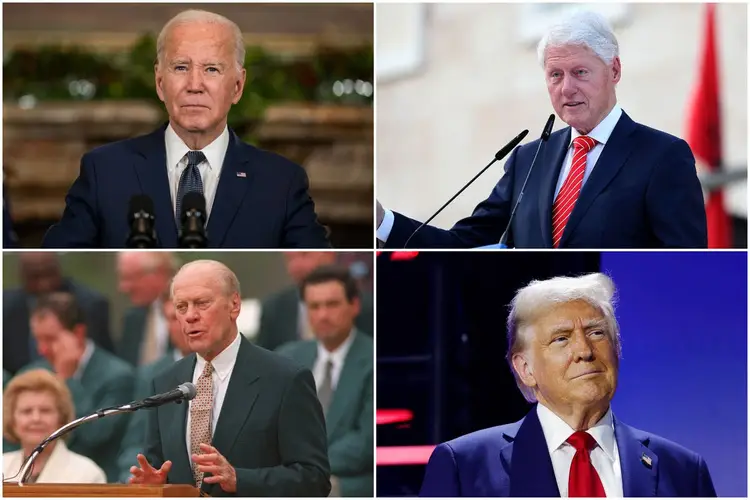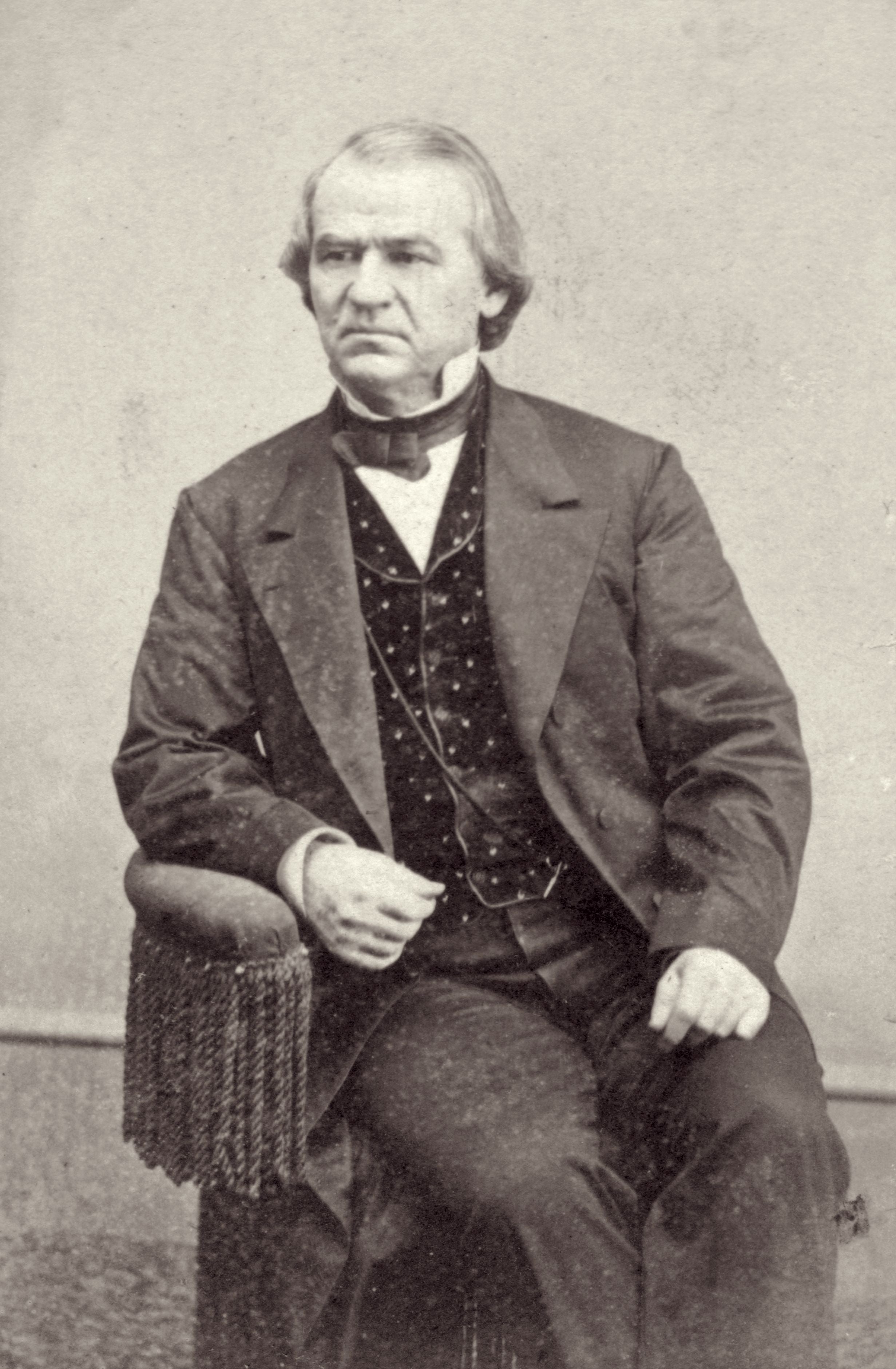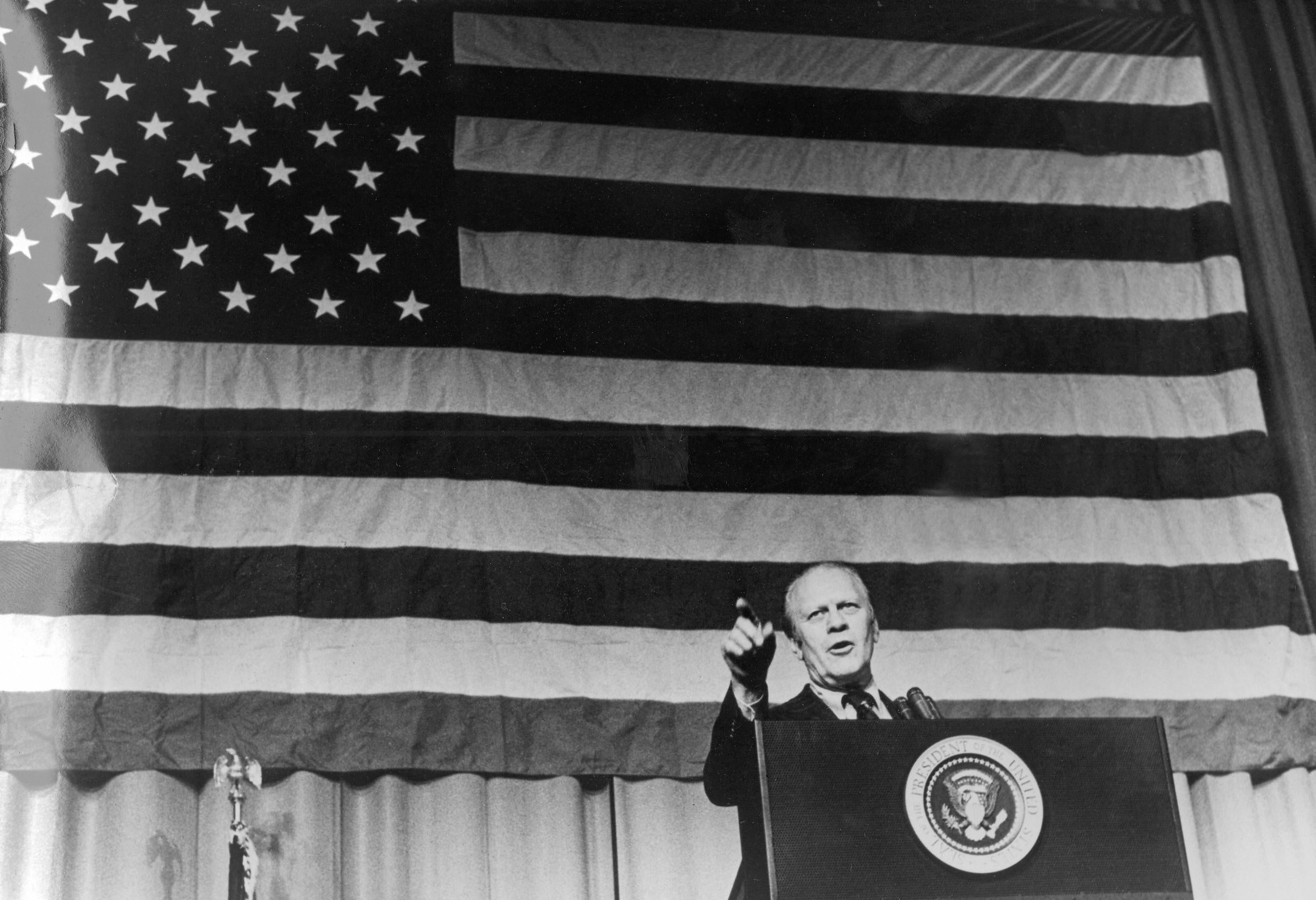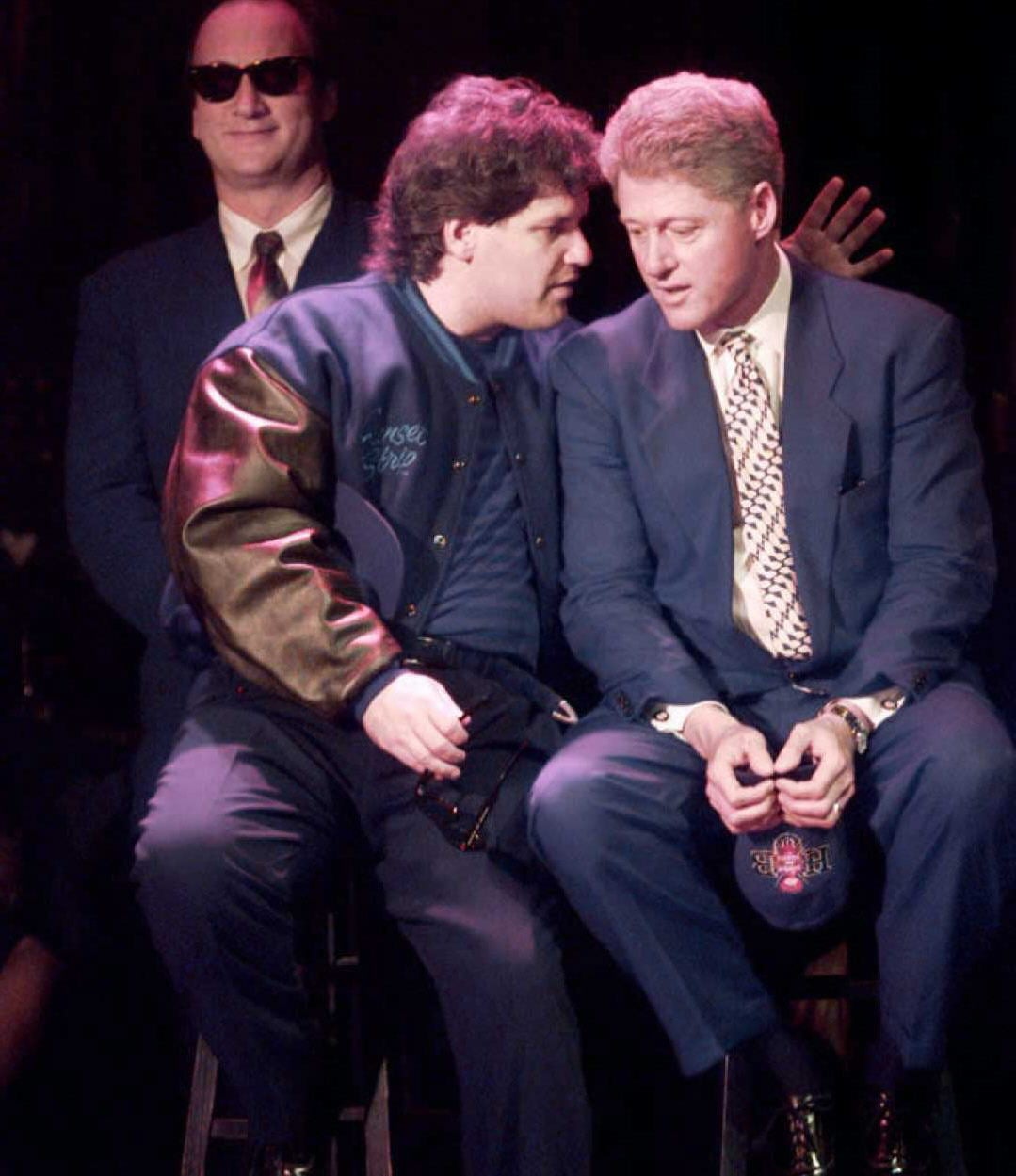From Hunter Biden to Nixon: Most controversial presidential pardons in history

Subscribe To Inside Washington For Daily Insights
Subscribe For Your Free Inside Washington Email
Subscribe To Our Free Inside Washington Newsletter
I would appreciate receiving emails regarding promotions, events, and news from The Independent. Please take a look at our privacy policy for more information.

Presidential pardons have long stirred debate in the United States, but certain choices, such as Joe Biden granting a pardon to his son Hunter, have sparked even more backlash than usual.
In the last few weeks of their term, the current U.S. president usually exercises their authority to grant pardons for federal offenses and provide clemency to individuals they feel are deserving.
Some people argue that the president shouldn't have the authority to issue pardons, as this power can be misused and is frequently viewed more as a political maneuver than a genuine act of justice.
Throughout history, presidents such as Andrew Johnson, Gerald Ford, Bill Clinton, and Donald Trump have caused some controversy by issuing broad pardons, often benefiting individuals connected to them.
Here’s a glimpse at the most debated topics.
Following the Civil War, Johnson granted a blanket forgiveness to about 12,600 Confederate leaders and soldiers, a decision that faced significant criticism.
Johnson aimed to bring the nation together following a prolonged and brutal conflict by granting extensive pardons.

Nevertheless, Johnson outlined 14 specific exceptions to the blanket amnesty. If a former official or military member was affected by one of these exceptions, they were required to submit a request for a pardon to the president.
Nixon stirred up controversy by proposing a reduced sentence for Jimmy Hoffa, a union leader connected to organized crime. Hoffa had been convicted of offenses including jury tampering, attempted bribery, conspiracy, and fraud related to mail and wire. Ultimately, he only spent five years in prison out of his 13-year sentence.
A highly recognized and debated decision of clemency occurred in 1974 when Ford granted Nixon a broad pardon following the Watergate scandal.
Nixon hadn't officially been accused of any crime, but many anticipated that prosecutors would soon file charges against him.
When the public perceived the government as corrupt, Ford's decision to grant a pardon fueled those worries. Nonetheless, he insisted that his choice was made for the benefit of the nation.
Certain historians think that Ford's choice to forgive Nixon is what led to his defeat in the 1976 presidential election.

Carter faced backlash for granting clemency to a large number of individuals who evaded the draft during the Vietnam War, which he did on his second day in office. This action was part of a commitment he had made while campaigning.
Remembering George H. W. Bush's Legacy
In a contentious move, Bush granted pardons to former Secretary of Defense Caspar Weinberger along with five others linked to the Iran-Contra affair. This scandal involved covertly selling weapons to Iran despite an ongoing arms embargo.
The controversy happened during the Reagan presidency.
On his final day in office in 2001, Clinton exercised his authority to grant a pardon to his half-brother, Roger Clinton Jr.
Roger admitted to being part of a scheme to sell cocaine when he attempted to sell it to an undercover cop in the 1980s. He served a year behind bars, but thanks to a pardon from Clinton, his criminal record was wiped clean.
Clinton faced criticism for granting a pardon to billionaire fugitive Marc Rich, who was accused of tax evasion, wire fraud, racketeering, and engaging in oil transactions with Iran while the hostage crisis was ongoing.

In one of his final acts of clemency, Obama reduced the sentence of Chelsea Manning, a former U.S. Army soldier and whistleblower who disclosed classified information to WikiLeaks.
Manning was found guilty of breaching the Espionage Act, taking government property, and breaking the Computer Fraud and Abuse Act. She completed seven years of her 35-year prison term.
The president-elect, who has previously held the office, also utilized his authority for his relatives, particularly granting a pardon to his son-in-law’s father, Charles Kushner.
Kushner was incarcerated twice for tax fraud: once for taking revenge on a federal witness and again for providing false information to the Federal Election Commission in 2005.
Trump has recently appointed Kushner to be his ambassador to France.
However, many of Trump's pardons faced criticism, including those for his close aide Steve Bannon, his former national security advisor Michael Flynn, and his associate Roger Stone.
Although he insisted for months that he wouldn’t grant his son a pardon, Biden decided to forgive Hunter during the final weeks of his presidency.
In 2024, Hunter faced convictions for three gun-related offenses and admitted guilt to nine tax-related charges. Nevertheless, his father, Biden, issued a pardon that includes any crimes Hunter committed between 2014 and 2024.



























































